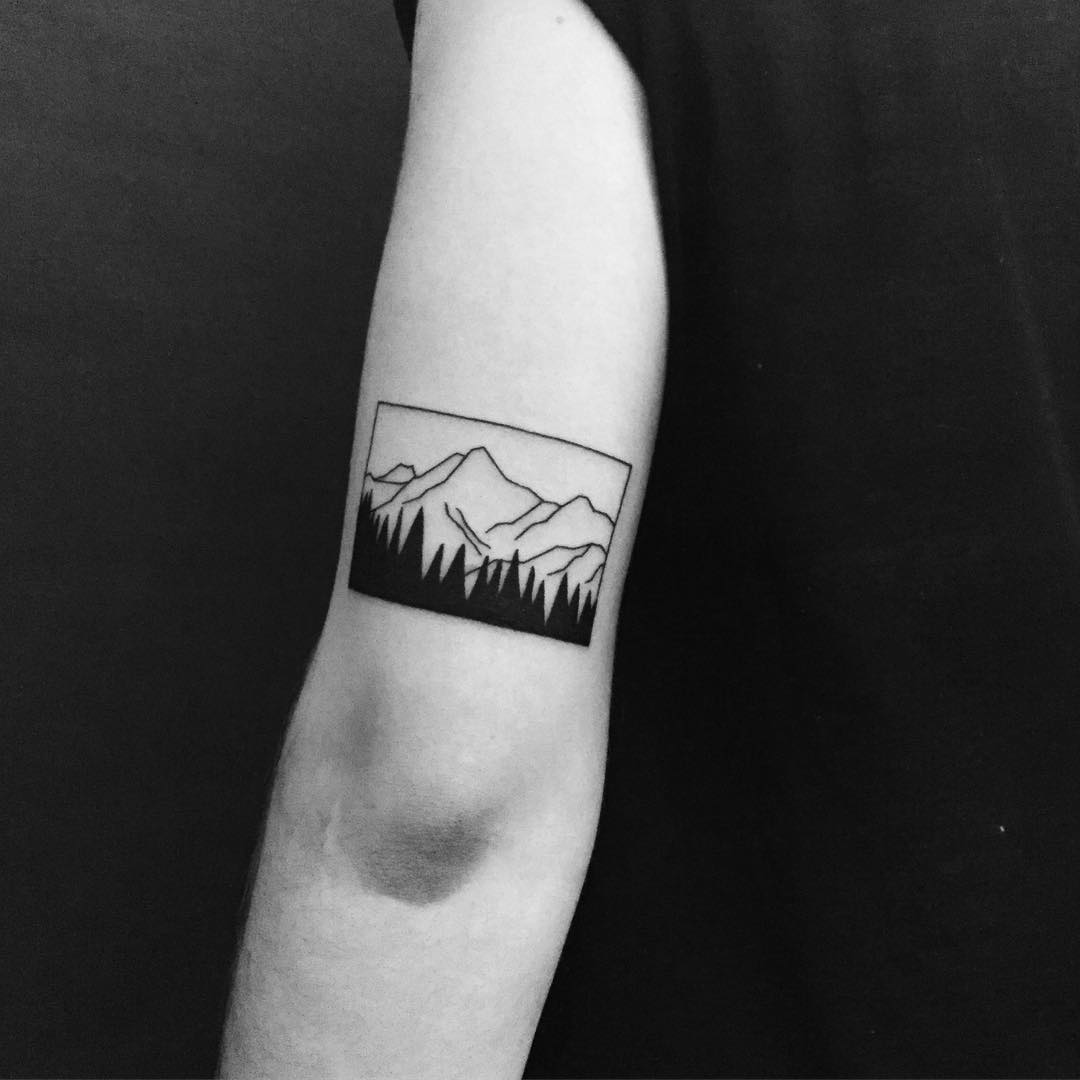

“Hajichi is also part of this idea that women possess power.

For them, it is a symbol of empowerment in a country that ranks among the lowest among developed nations in terms of the advancement of women. Some see the revival as a return to a time when Okinawan women held powerful positions as religious leaders and breadwinners. Now, attempts by a handful of tattoo artists in Okinawa and Tokyo to revive hajichi have reached artists and clients in diaspora communities in Brazil and Hawaii. (Michelle Ye Hee Lee/The Washington Post) While tattoos are becoming more fashionable among younger Japanese, they are still stigmatized and often associated with the yakuza, the Japanese crime syndicate.Ī map of the hajichi designs of various regions of Okinawa. Hajichi was banned in 1899 as the Japanese government pushed for assimilation and new rules on public decency emerged as the country opened up to foreigners after more than 200 years of isolationist policies. This year marks the 50th anniversary of Okinawa’s return to Japan from US rule, but Okinawans say they are treated as second-class citizens in Japan despite bearing the burden of the US military presence. Okinawa was the independent kingdom of Ryukyu before it was annexed by Japan in 1879 and then occupied by the United States for nearly 30 years after World War II. They are part of a larger movement to preserve Okinawa’s uniqueness and show that it is much more than its reputation as a tourist destination that is home to US military bases. Morita is among a growing number of women in their 20s and 30s who are discovering the lost art form through social media and driving a small but passionate comeback. “My grandmother was very happy to see it, because her grandmother also had hajichi.” “I wanted it to mark the physical affirmation of being more myself,” said Morita, 22. Later, she found an Okinawan hajichi artist on Instagram and got her first tattoo from him. Once common on subtropical islands where traces of a distinct culture remain, the art had all but disappeared during a century of assimilation.Īs a fourth-generation Japanese American who visited his grandmother in Okinawa every summer, Morita made hajichi research part of his quest to understand his family’s roots. NAHA, Japan - Hana Morita was browsing Pinterest when she came across the hajichi, a minimalist tattoo worn by Okinawan women on their fingers and hands.

Moeko Heshiki shows photos of her research and the hajichi tattoos she has done on other young women, mainly of Okinawan origin.


 0 kommentar(er)
0 kommentar(er)
